SA Covid-19, Murray disaster emergency laws in landmark review
SA’s response to threats such as cyber terrorism, catastrophic natural disasters, climate change and biosecurity dangers are about to go under a microscope.
SA News
Don't miss out on the headlines from SA News. Followed categories will be added to My News.
South Australia’s response to “invisible” threats such as cyber terrorism, catastrophic natural disasters, climate change and biosecurity dangers will be investigated in a landmark inquiry.
The state government late on Monday launched a major review of emergency laws that will scrutinise if official rules are “fit-for-purpose” amid “evolving challenges”.
The Covid-19 pandemic, major bushfires as well as the River Murray and Far North floods crisis were all managed under the Emergency Management Act over the past three years.
Special declarations appointed Police Commissioner Grant Stevens state co-ordinator, charged with overseeing operational responses using handed unprecedented enforcement powers.
But laying bare concerns at the highest levels of government, the review will for the first time overhaul official rules to “invisible threats” such as cyber terrorism or foreign hacking.
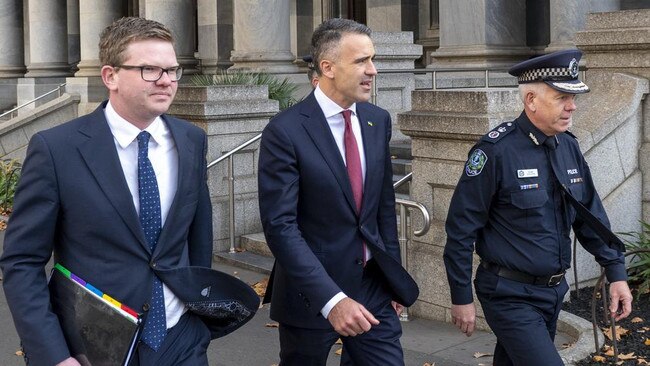
The $400,000 whole of government inquiry, the first in more than seven years, will investigate how authorities can respond, manage and recover from catastrophes that threaten state security.
“The review … will identify opportunities to improve the EM Act, ensuring it remains fit-for-purpose and able to meet evolving challenges – for example Covid-19, mass bushfires and cyberterrorism,” the terms of reference state.
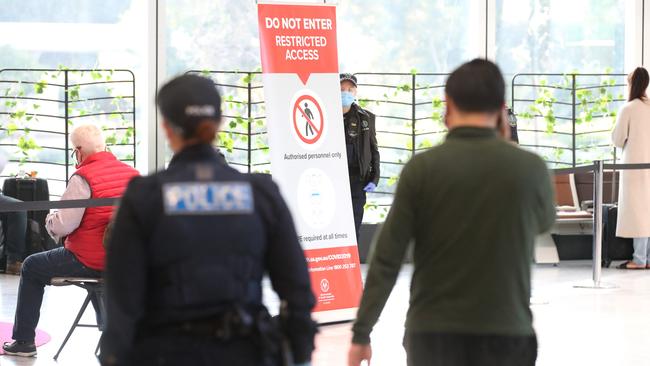
“The scale, impacts and consequences of 2019/20 Black Summer bushfires and the … pandemic have far exceeded all other events.”
Government documents reveal specific elements will consider if laws should be rewritten to “better cater for”:
LONG TERM events such as a pandemic or biosecurity hazards;
THE emergence of new “invisible” threats such as cyber-attacks and foreign interference amid mounting concerns over China and Russian spies;
CATASTROPHIC events that require more significant powers and operations to ensure proper responses and recovery;
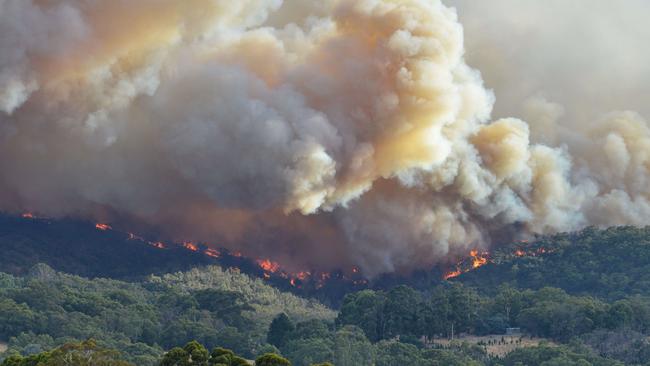
THE types of “authority” required to deliver significant recovery programs, and where necessary, direct effort;
HOW laws meet increasing requirement linked to climate change, reducing disaster risks, improving mitigation and other types of resilience building;
IF current compliance and enforcement measures, including issuing of fines and expiations, are fit for purpose.
According to the review’s terms of reference, the 12-month independent review will also consider separate pandemic and emergency planing reviews.
The State Emergency Management Committee, which Department of Premier and Cabinet chief executive Damien Walker chairs, will oversee PEG Consulting’s work.
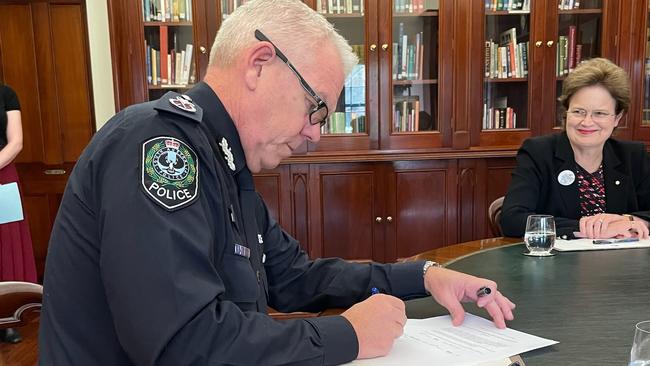
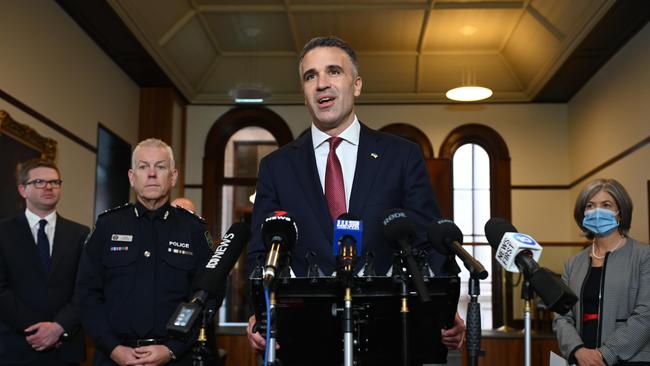
The review, the first since SA Police’s report in 2016 on the laws that were first enshrined in 2004, will interview key officials and survey various government agencies and community organisations.
It will also examine its relevance with other state and federal laws in areas such as health, national security, biosecurity, livestock, emergency services, planning and infrastructure.
Its findings, and any recommendations – including for new legislation – will be handed to Premier Peter Malinauskas mid-next year.
During the 793-day Covid declaration, Mr Stevens imposed 289 legal directions that included ordering lockdowns, quarantine orders, business or home gathering restrictions as well as vaccine, mask and other health-related mandates.
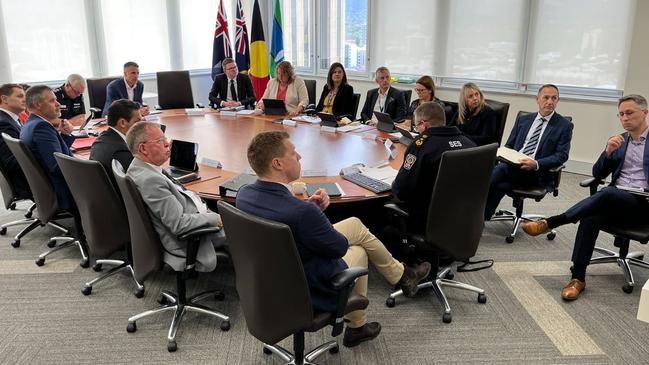
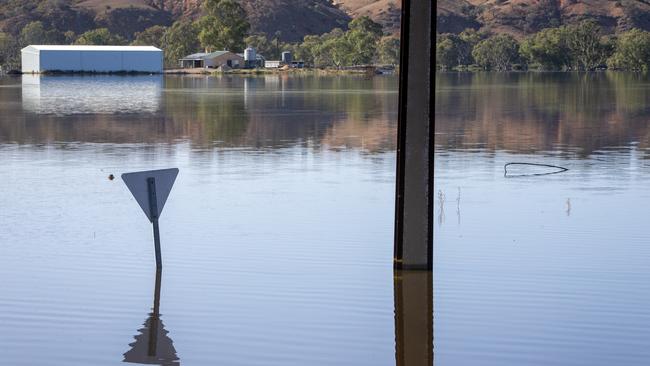
At the pandemic’s end and during other emergencies, Cabinet’s Emergency Management Council debated changes before making recommendations to Mr Stevens.
The Premier’s spokesman on Monday said the laws were almost two decades old, and while it had served the state well, “it was widely accepted throughout the two-year long COVID-19 emergency declaration that improvements could and should be made”.
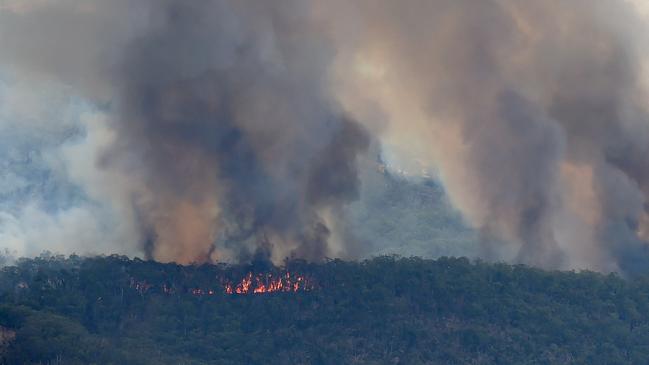
“The comprehensive review has been commissioned to ensure the Act remains fit-for-purpose and able to meet evolving challenges, such as pandemics, mass bushfires, biosecurity events and cyber terrorism,” he said.
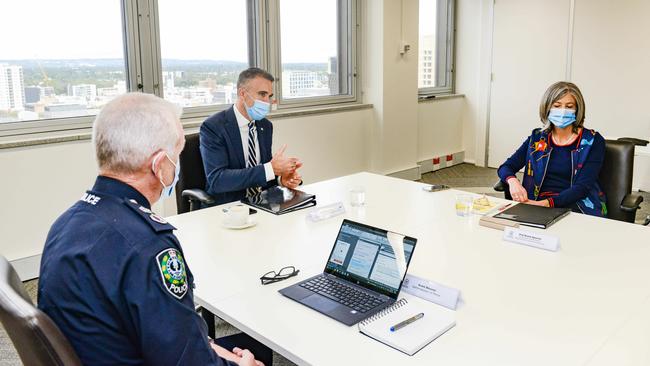
“The review will consider feedback from experts, stakeholders and the broader community, along with the findings of other relevant inquiries.
“The final review is expected to be delivered to the department … in 2024.”
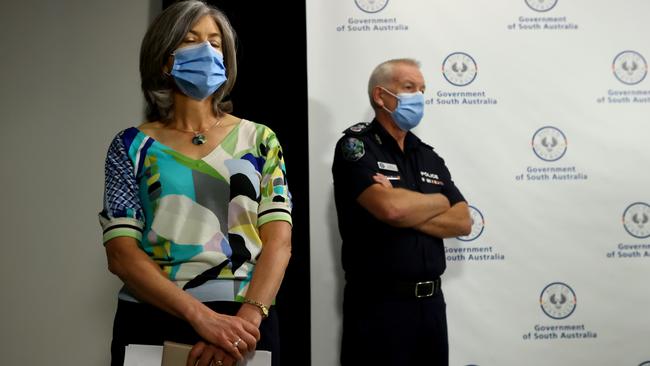
Mr Stevens, who declined to comment on Monday night, told MPs last year the laws helped authorities be “quite agile in uncertain circumstances where swift action was required”.
“Given what we faced, with the unique nature of what we were dealing with and the lack of precedence, (it) enabled us to take action” he told the Covid-19 parliamentary committee.
“I think we made the best use of a tool that was at our disposal.
“I’m sure on reflection there will be a proper assessment as to whether that is the best way in the future or whether there is another mechanism that could be implemented.”





